
Unexpected Heart Attack Triggers
Lack of Sleep
You’ll feel grumpy and tired if you don’t get enough sleep on a regular basis, but it can raise your risk of a heart attack, too. In one study, researchers found that people who usually slept fewer than 6 hours a night were twice as likely to have a heart attack as those who slept 6 to 8 hours. Doctors aren’t sure exactly why this is, but they do know that losing sleep can raise your blood pressure and lead to inflammation. Neither of those is good for your heart. Chronic sleep deprivation can also interfere with the body’s ability to regulate blood sugar, increasing the risk of diabetes, which further complicates heart health.
Migraine Headaches
2/15
Migraine Headaches
People who get these are more likely to have a heart attack later in life than those who don’t. And migraines that include auras—strange sights, sounds, or feelings that start before the headache hits—seem to have a stronger link to heart problems. Migraines are associated with an increased risk of stroke as well, making it essential for those suffering from them to manage the condition with a doctor’s help to reduce potential cardiovascular risks.
Cold Weather
3/15
Cold Weather
It’s a shock to the system. Being outside in the winter months can cause your arteries to narrow, making it harder for blood to reach your heart. On top of that, your heart has to work harder to keep your body warm. If you're concerned about it, play it smart in cold temperatures, and limit heavy physical activity, like snow shoveling. Additionally, older adults and those with pre-existing heart conditions should take extra precautions, as they are more vulnerable to the effects of cold weather on cardiovascular health.

Air Pollution and Car Exhaust
4/15
Air Pollution and Car Exhaust
Heart attacks are more common when air pollution levels are high. People who breathe dirty air on a regular basis are more likely to have clogged arteries and heart disease. Sitting in traffic may be especially dangerous, as it can combine car fumes with anger or frustration. Long-term exposure to pollutants can increase the risk of developing coronary artery disease, making it important to limit outdoor activities in areas with high pollution levels, especially for those with existing heart conditions.
A Big, Heavy Meal
5/15
A Big, Heavy Meal
Think twice before going back for seconds or thirds—it may hurt more than your waistline. When you eat large amounts of food in one sitting, it leads to higher levels of the stress hormone norepinephrine in your body. That can raise your blood pressure and heart rate, and it may trigger heart attacks in some people. Very fatty meals can also cause a sudden jump in a kind of fat in your blood, and that may temporarily damage some blood vessels as well. In addition, excessive intake of salt in big meals can elevate blood pressure, further straining the heart.
Strong Emotions, Negative or Positive
6/15
Strong Emotions, Negative or Positive
Anger, grief, and stress are known triggers of heart problems, but joyful events can sometimes lead to a heart attack as well. It can be triggered by the kind of emotions that go along with a surprise birthday party, a wedding, or the birth of a grandchild. Emotional highs, especially those involving intense excitement or stress, cause a spike in adrenaline, which can lead to irregular heart rhythms, and in some cases, trigger a heart attack.
Sudden or Intense Exertion
7/15
Sudden or Intense Exertion
Getting in shape will protect your heart in the long run, but doing too much could be dangerous. About 6% of heart attacks are triggered by extreme physical effort. And while you’ve probably heard that exercise is a good way to relieve stress, it’s especially important not to overdo it when you’re angry or upset. Sudden, vigorous exertion places excess strain on the heart, which can be especially harmful for those with undiagnosed cardiovascular issues.
A Cold or the Flu
8/15
A Cold or the Flu
When your immune system fights off a bug, it can cause inflammation that can damage your heart and arteries. In one study, people with respiratory infections were twice as likely to have a heart attack. But their risk level went back to normal after they’d been clear of the infection a few weeks. Heart attack rates are also higher during flu outbreaks—another good reason to get your flu shot. Having a fever combined with respiratory illness can increase the risk of cardiac stress, especially in those with weakened immune systems.
Asthma
9/15
Asthma
Your chances of having a heart attack go up about 70% if you have this lung disease. Even if you use an inhaler to keep it under control, your risk is still higher than normal. Because of your asthma, you also may tend to ignore chest tightness, which can be an early sign of a heart attack. Doctors don’t know if breathing problems trigger heart attacks or if they simply have a common cause: inflammation. It's important for those with asthma to recognize the signs of chest discomfort and seek prompt medical attention if symptoms arise.

Getting Out of Bed in the Morning
10/15
Getting Out of Bed in the Morning
Heart attacks are more common in the morning. Your brain floods your body with hormones to help you wake up, and that puts some extra stress on your heart. You may also be dehydrated after a long sleep, which can make your heart work harder, too. Taking things slowly in the morning, especially if you have a history of heart disease, may help mitigate this early morning risk.
News in the same category


The Best Proven Ways to Heal Scars Naturally (Evidence Based)
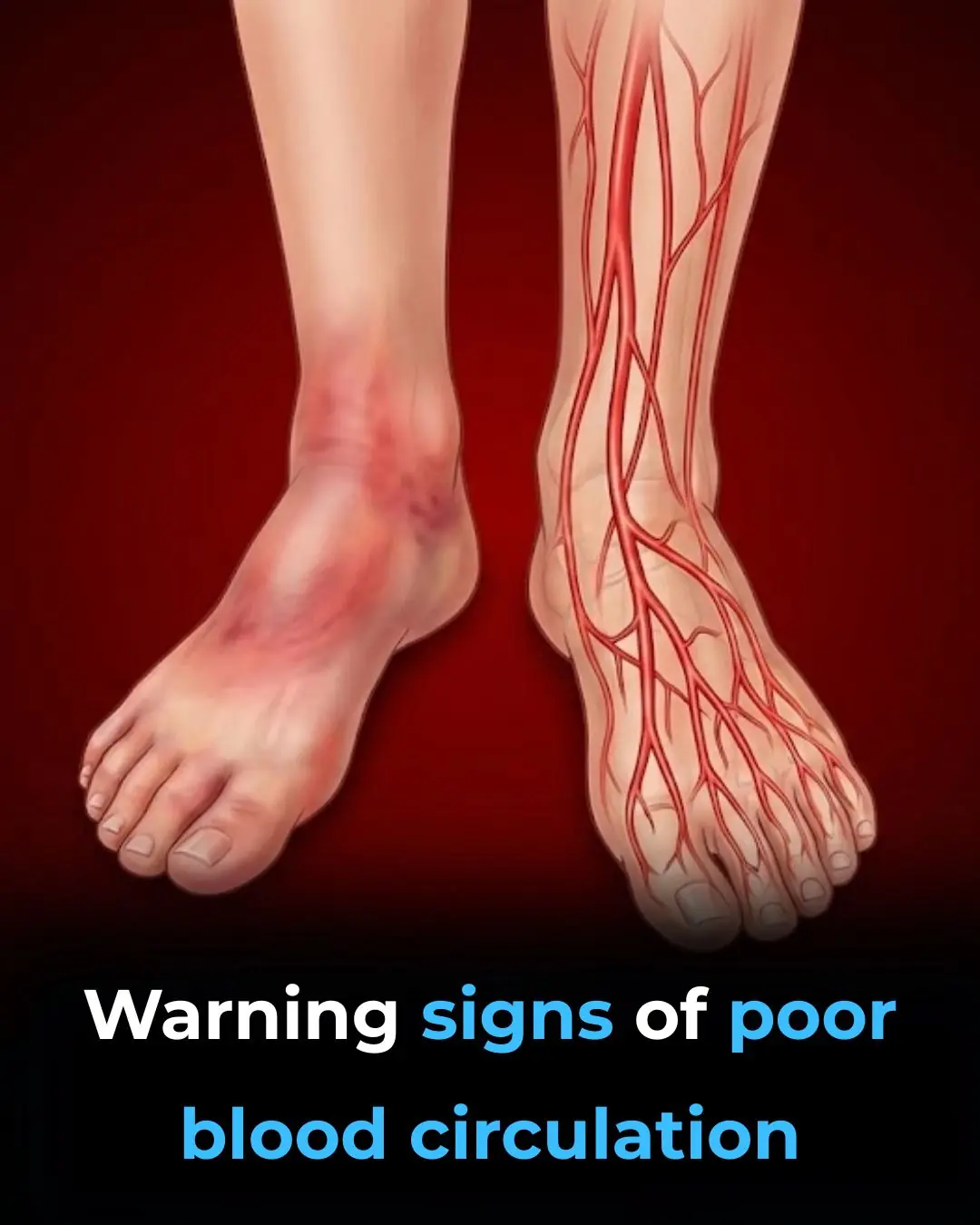
16 Warning Signs of Poor Blood Circulation and How to Treat It

The Best Home Remedies For Getting Rid of Ear Infection
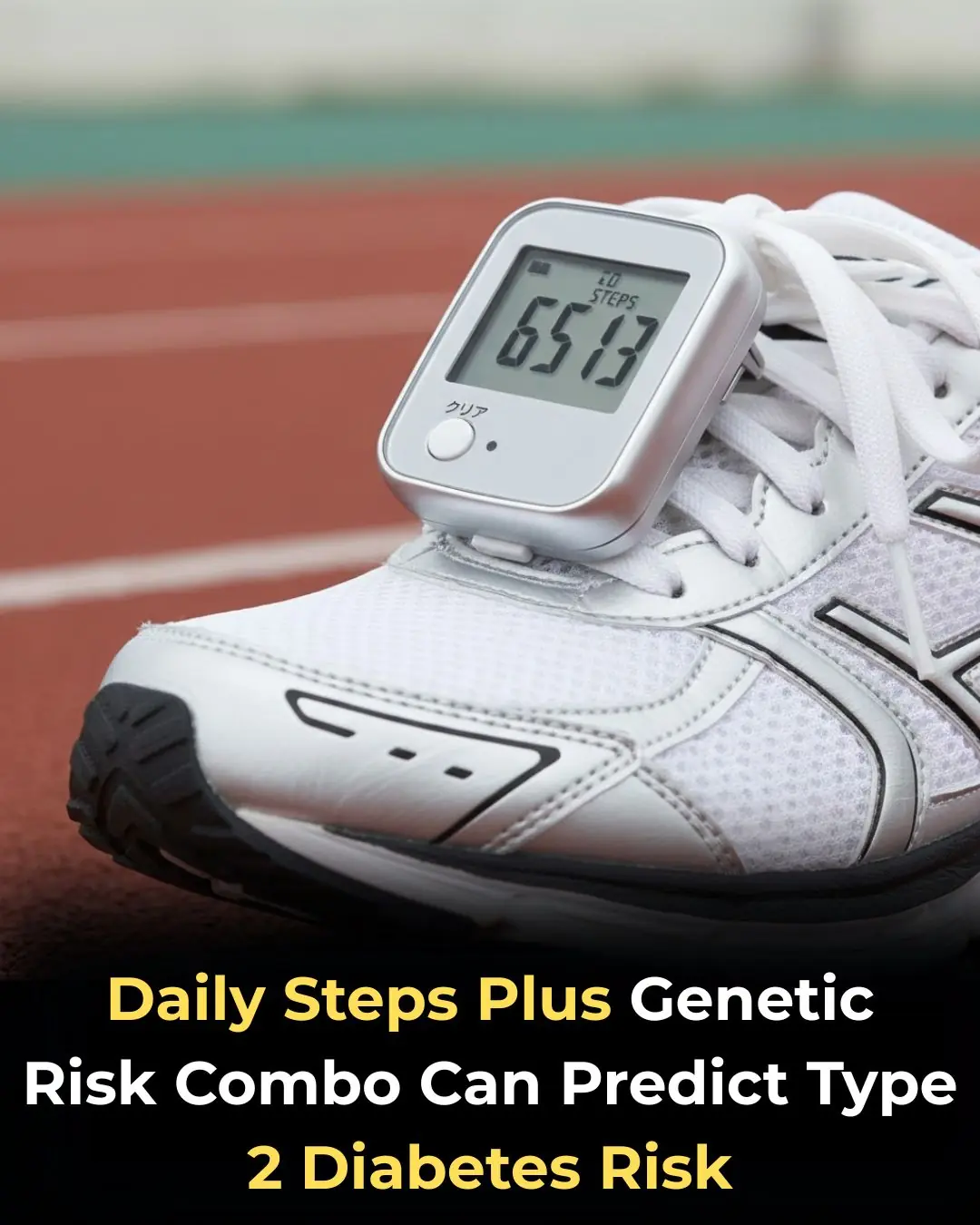
Daily Step Counts Combined With Genetic Risk Can Better Predict Type 2 Diabetes

Gestational Diabetes Rates Surge Across the United States

Why Does Lung Cancer Affect Non-Smokers? A Hidden Culprit in the Kitchen That Many People Overlook
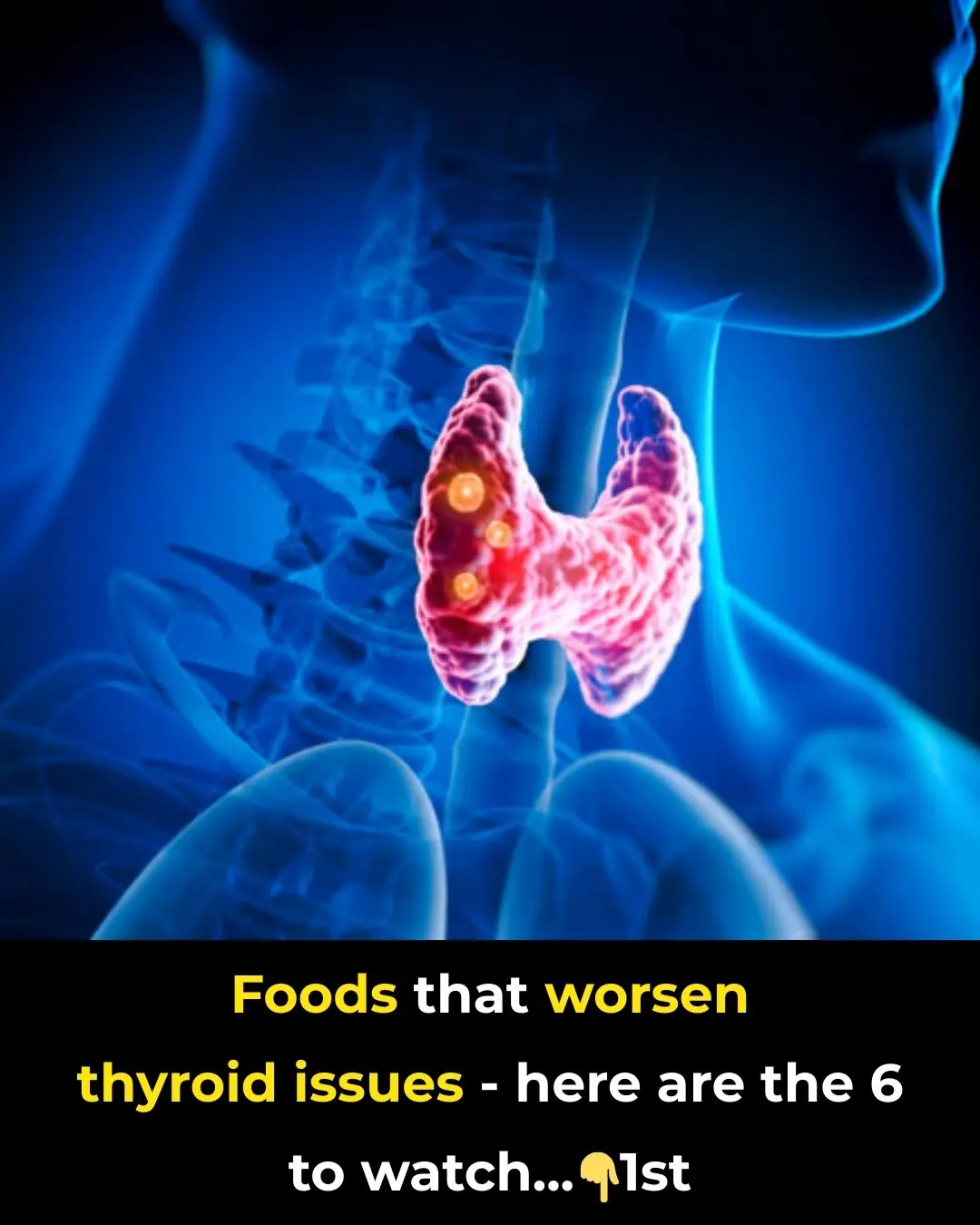
6 Foods You Absolutely Need To Avoid If You Suffer From a Thyroid Disorder
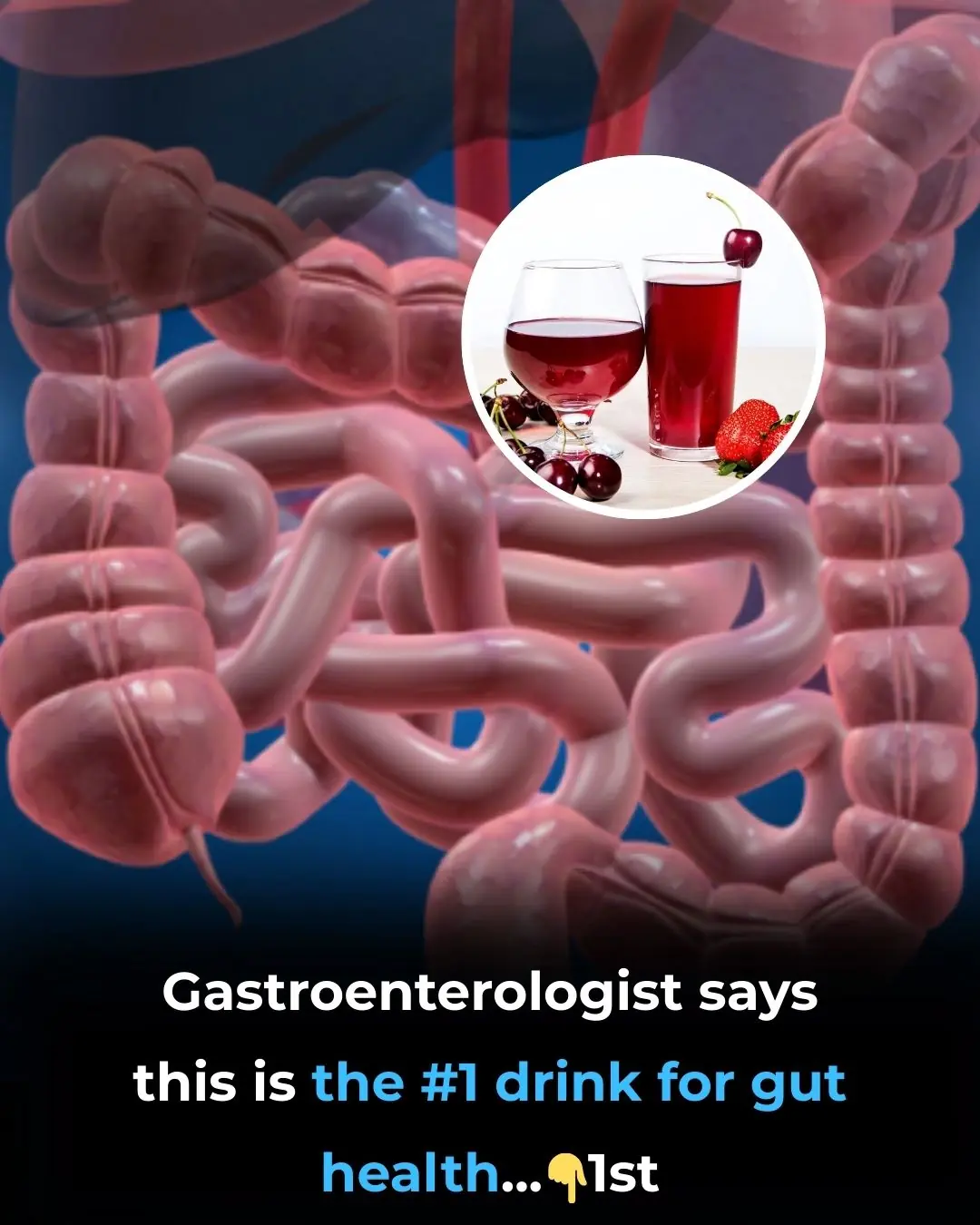
Gastroenterologist says this is the #1 drink for gut health
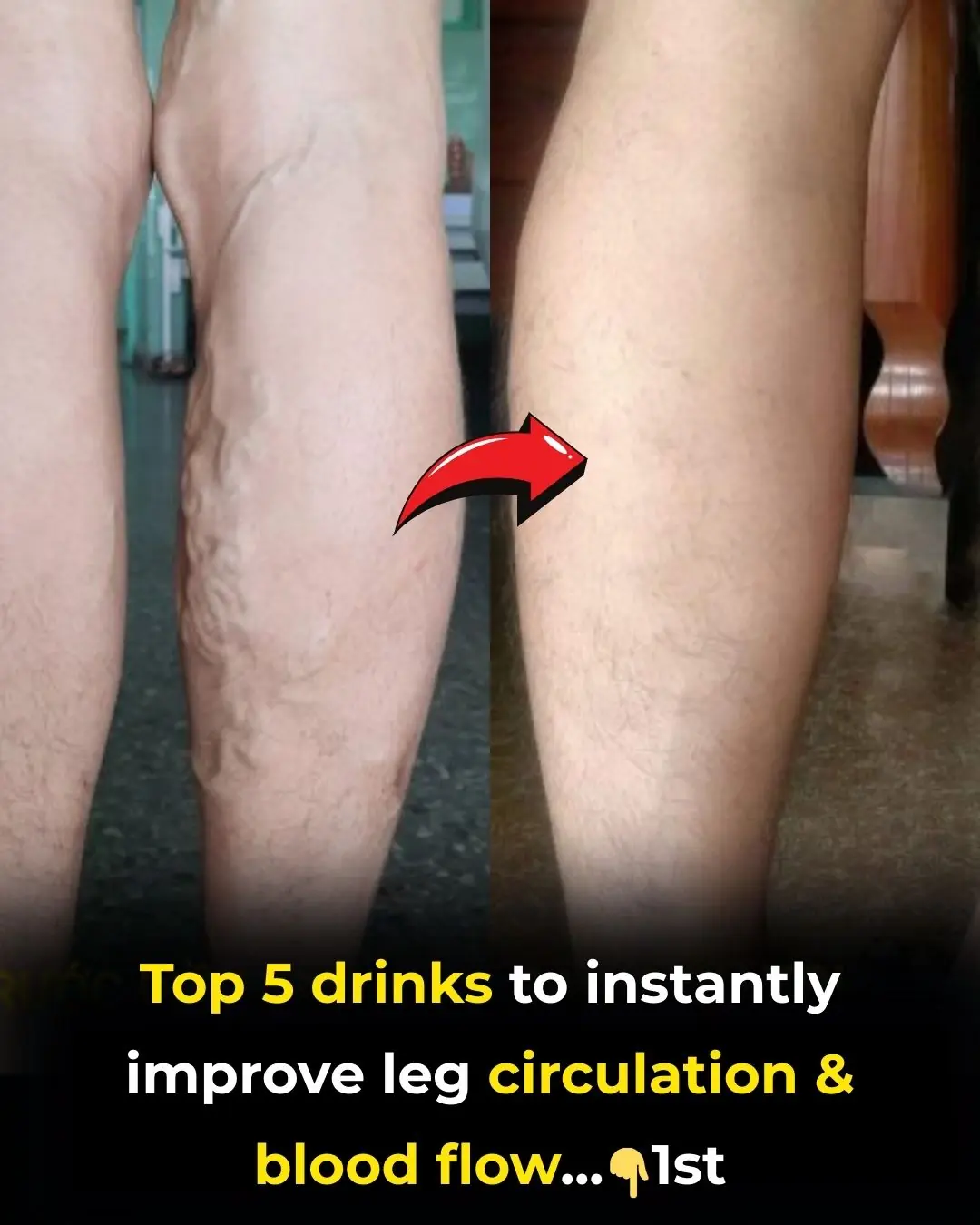
Top 5 drinks to INSTANTLY improve leg circulation and blood flow
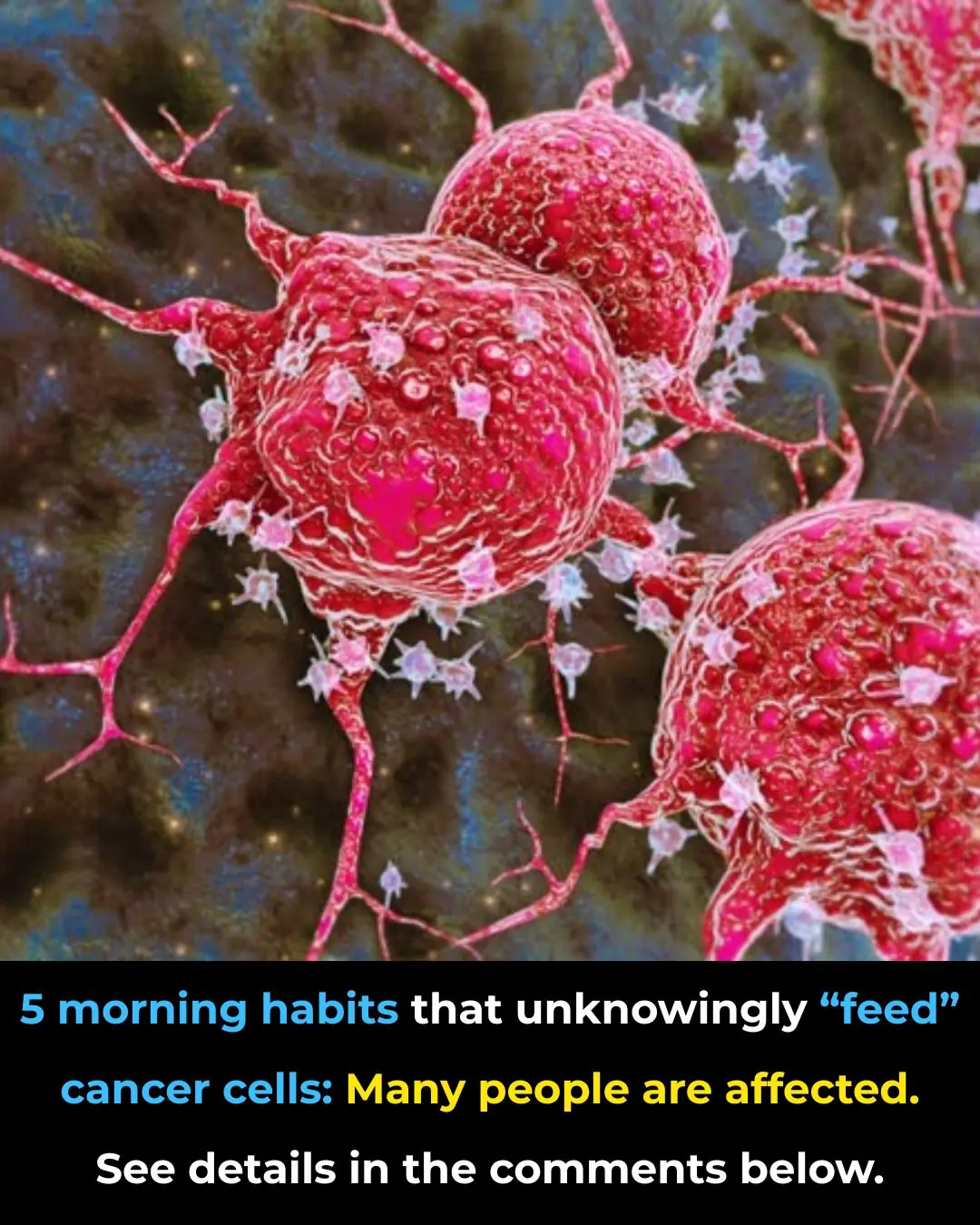
Five Morning Habits That May Quietly Increase Cancer Risk

Natural Home Remedies for Cough and Sore Throat
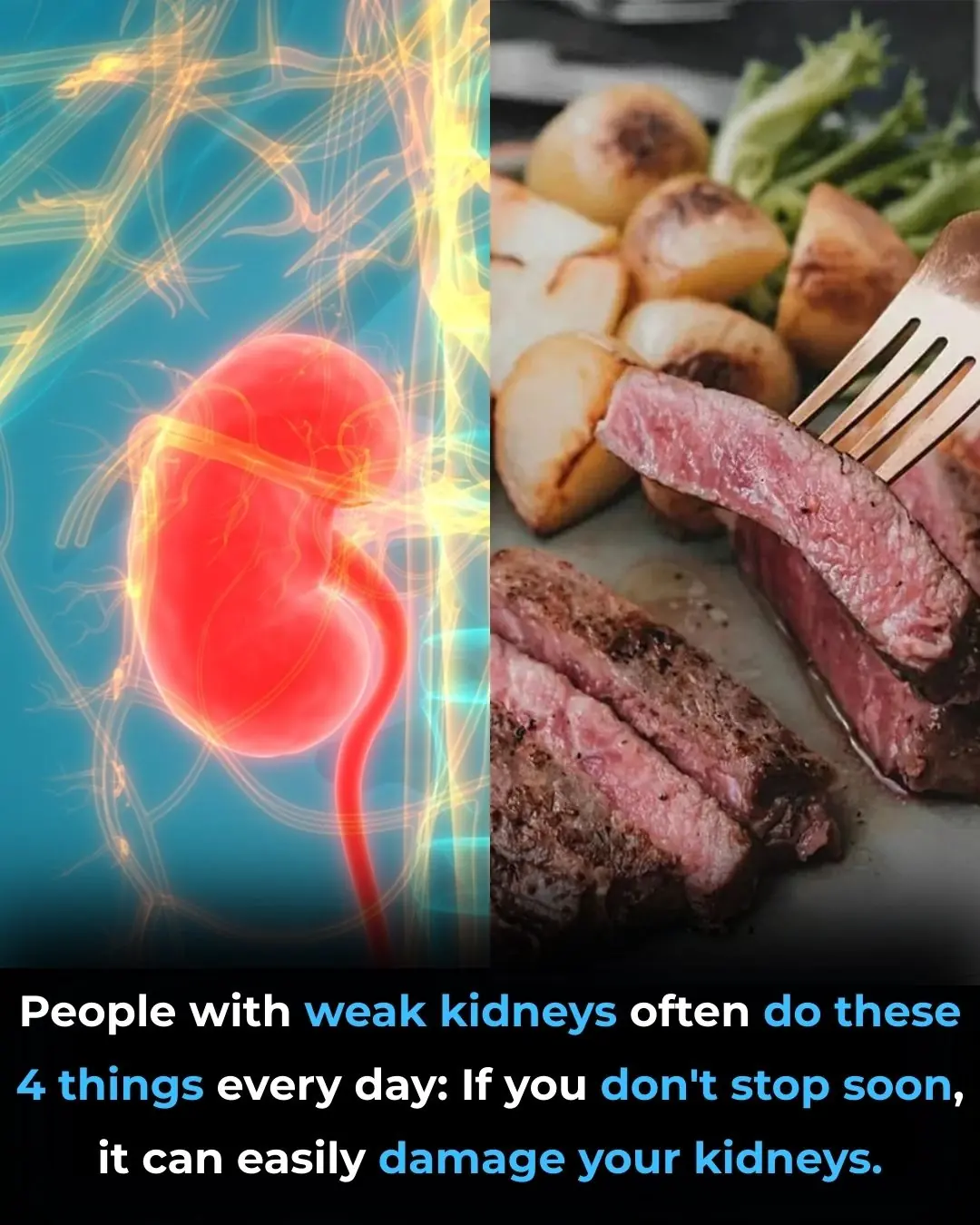
People with weak kidneys often do these 4 things every day: If you don't stop soon, it can easily damage your kidneys

I spent a couple of nights at my friend’s previous apartment and saw these unusual bumps

Understanding the Link Between Your Blood Type and Health
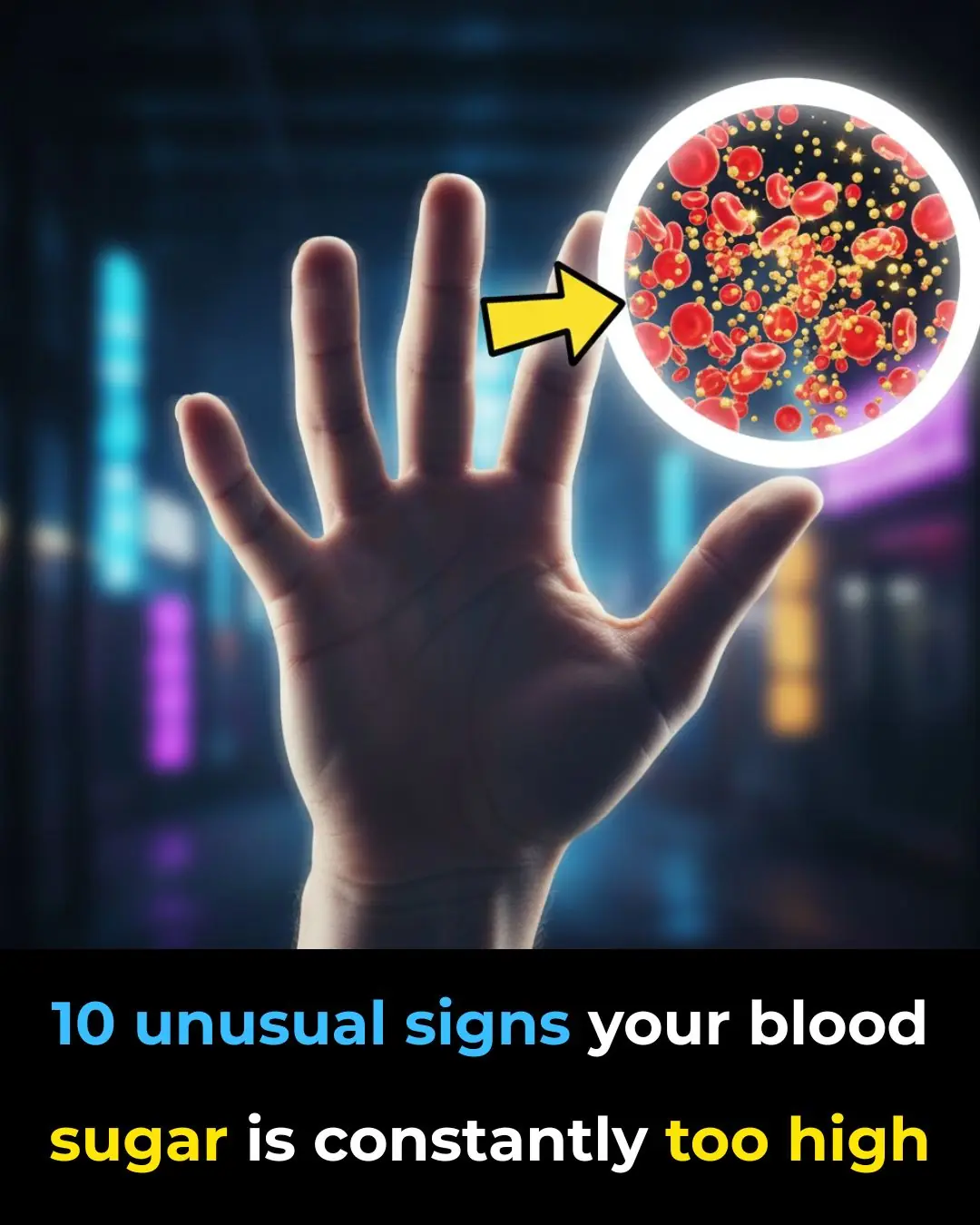
10 Unusual Signs Your Blood Sugar Is Constantly Too High

Five Simple Drinks That Help Eliminate Uric Acid and Prevent Gout Flare-Ups
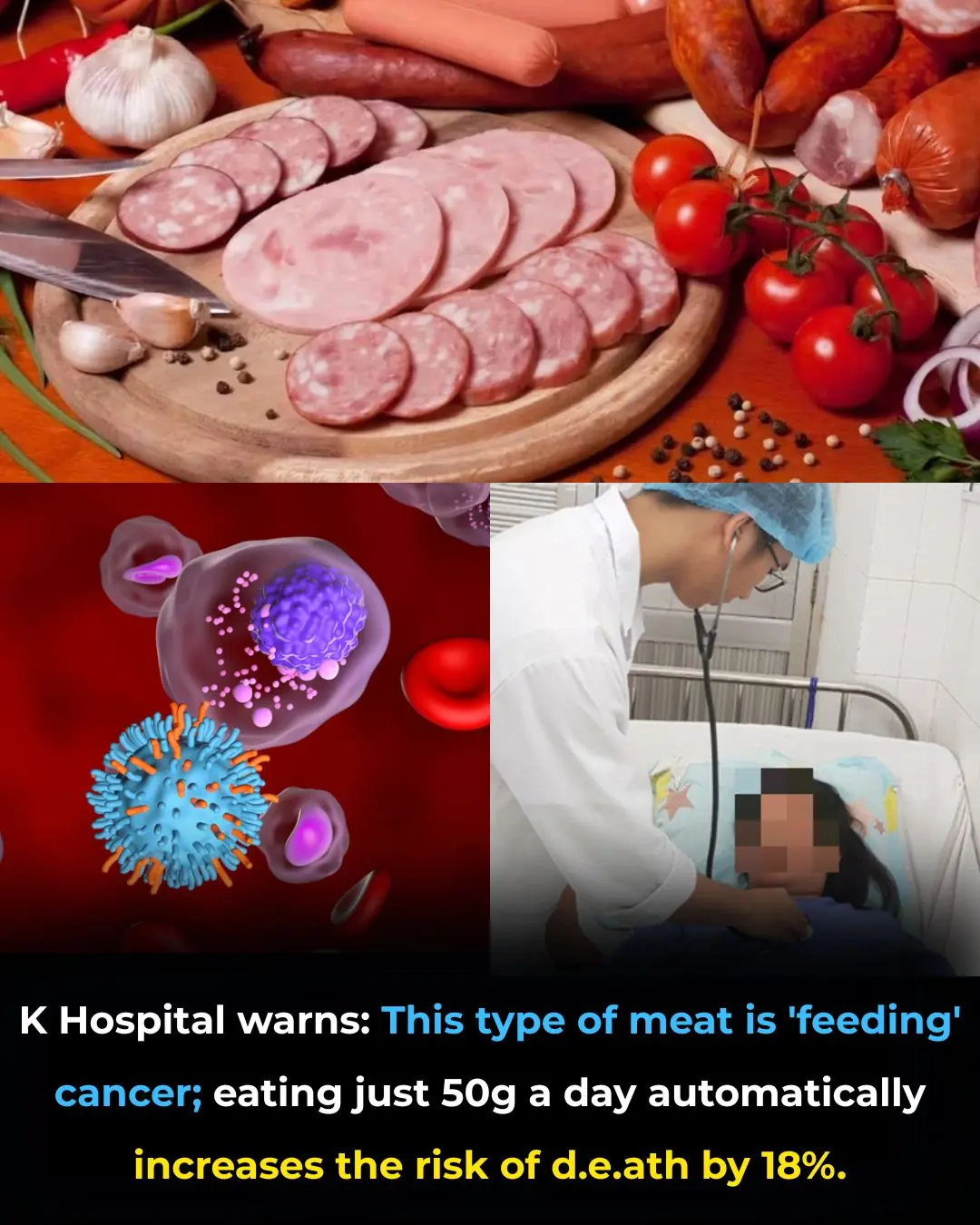
Red and Processed Meat Consumption Increases Cancer Risk, Experts Warn

The Hidden Dangers of Eating Leftover Food Stored Overnight

Two Rare Neurologic Disorders Added to US Newborn Screening Panel
News Post
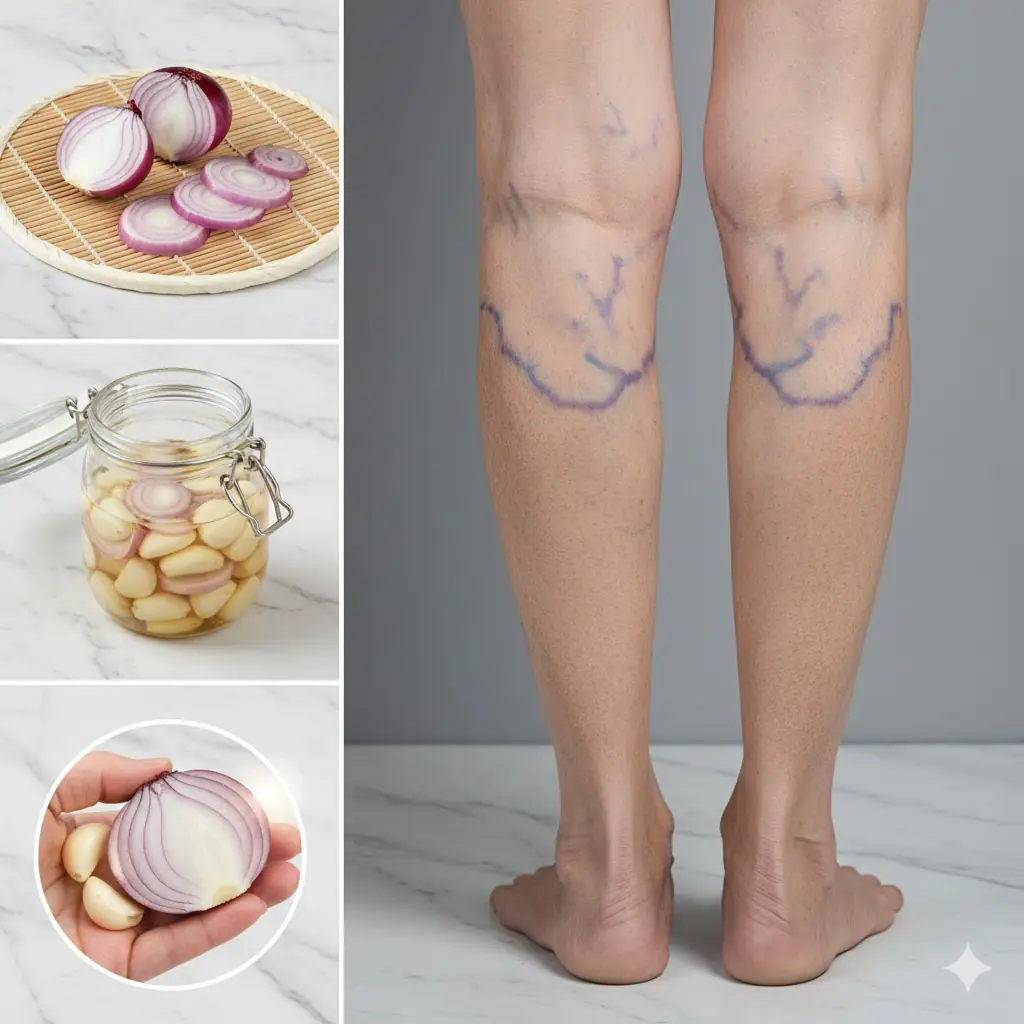
Say Goodbye to Varicose Veins Naturally: A Simple Garlic, Onion, and Olive Oil Remedy That May Offer Relief
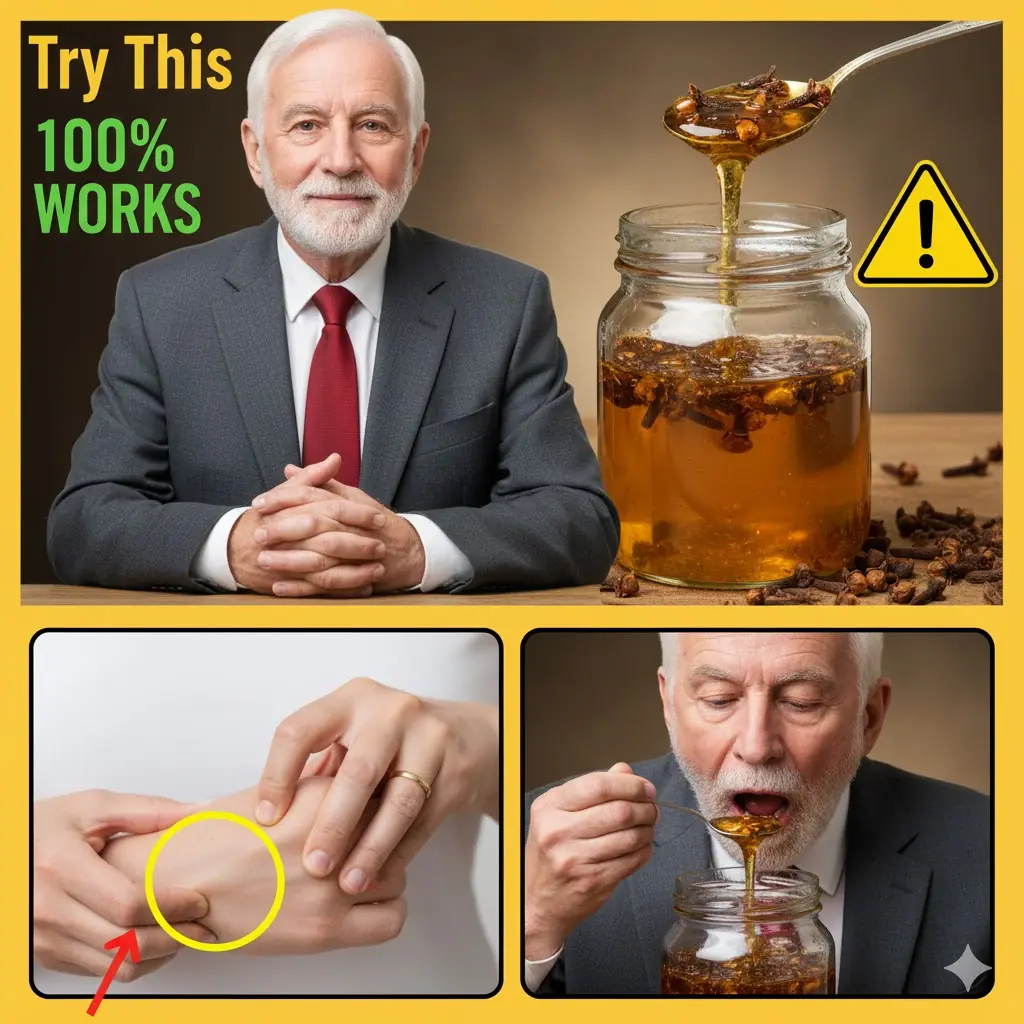
Why Seniors Are Turning to Honey and Cloves for Everyday Comfort After 60

Can Garlic and Lemon Really Support Better Vision? Kitchen Staples Your Eyes Might Appreciate

Banana Flower: The Underrated Superfood Taking Over in 2025

Fears of a Texas Serial Killer Intensify After Three More Bodies Are Recovered from Houston Bayous

From Casual Drinking to Dependence: A Recovering Alcoholic Reveals Seven Warning Signs of Addiction

Why Americans Were Shocked by the British Way of Washing Dishes

No one told me
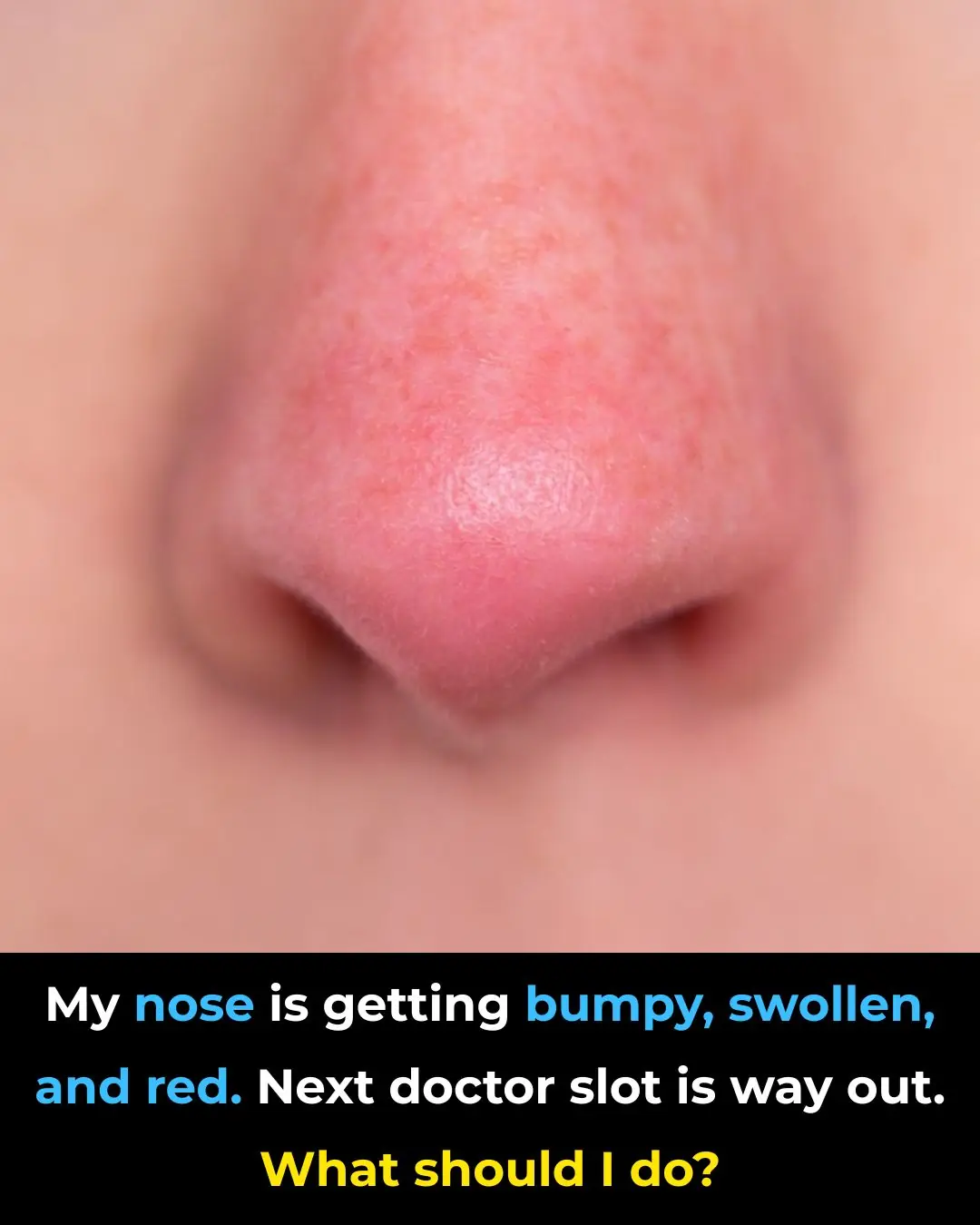
My nose is getting bumpy, swollen, and red. Next doctor slot is way out. What should I do?

Can You Spot It? The Viral “Sniper Vision” Challenge That’s Testing Human Perception

Most Doctors Won’t Tell You, But This Can Cut Heart Attack & Stroke Risk By 80%

The Best Proven Ways to Heal Scars Naturally (Evidence Based)

How Japan Preserves Nature by Relocating Trees Instead of Cutting Them Down

16 Warning Signs of Poor Blood Circulation and How to Treat It

The Best Home Remedies For Getting Rid of Ear Infection

A Simple Act of Kindness That Turned a Lifelong Dream into Reality

Soap Left on Plates? British Dishwashing Method Sparks International Debate

A Hero on Four Paws: How a Cat’s Instincts Saved a Baby from an Alligator

Florida’s Trooper’s Law: A Landmark Step Toward Protecting Pets During Natural Disasters
